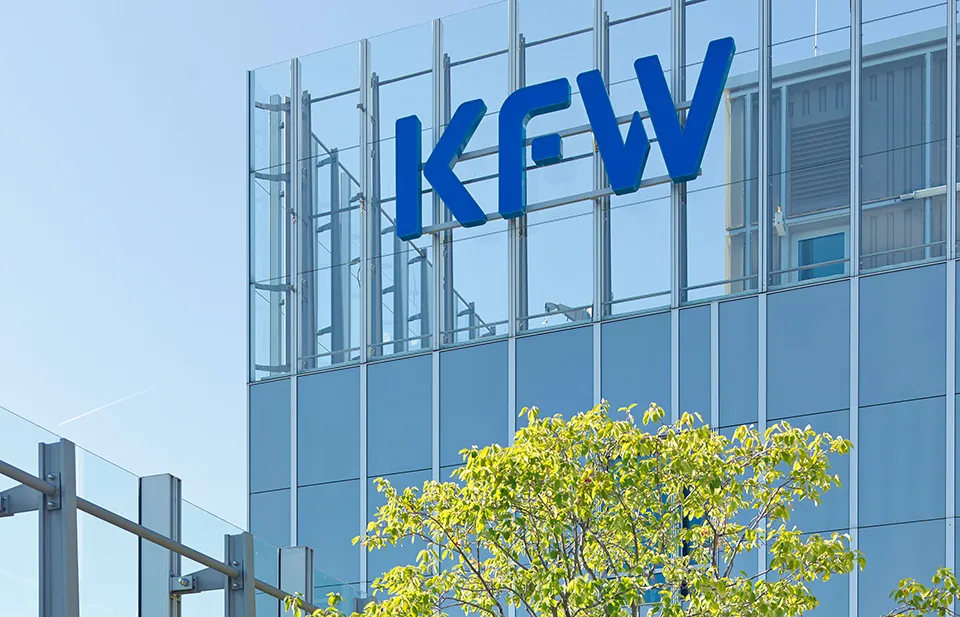At the end of August, KfW – one of the busiest issuers in the international bond markets with a 2024 funding programme of €80 billion – issued an unusually small and short-dated bond to just three investors.
It would be easy to miss the €50 million deal, paying a coupon of 3.46% and maturing on November 28, 2024, that sole bookrunner DZ Bank sold to DekaBank, DZ Bank itself and Union Investment, part of the DZ bank group.
Thanks for your interest in Euromoney!
To unlock this article:




